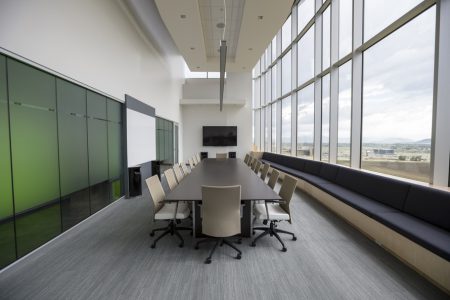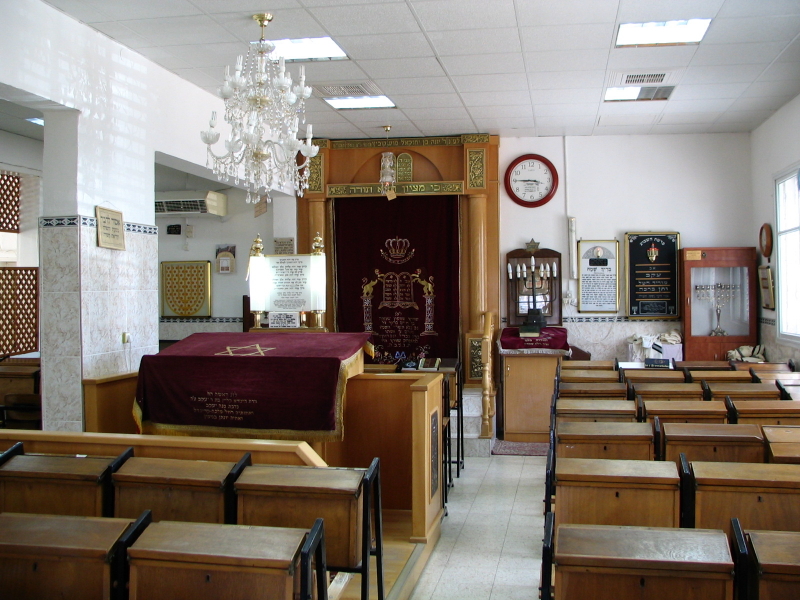
Any synagogue board president or board member I have spoken to almost always has an interesting anecdote, sometimes humorous, to share with me about their board. The challenge of finding the best lay-leaders from your synagogue membership to serve on your board can be challenging. Most synagogue by-laws dictate terms for board members to serve. This generally results in at least some annual movement in the board and other years, significant change.
Finding a balance for the best board can be challenging. Committee chairs who are tasked with finding the right nominees, or other leaders who are involved in this process can sometimes focus on seeking similar minded or, “all-round” people for these positions. Is seeking similar-minded or “all-round” people for these positions the healthiest for the synagogue?
Consider an average synagogue board consisting of fifteen board members. Within this lay leadership role, the reasons that these lay leaders wish to serve in such a capacity could be multi-fold, but most commonly, is attributed to helping and volunteering for the common good of the community.

Most likely, the characteristics of board members vary by their professional line of work and their personal backgrounds. The tendencies that the board will see from each board member specifically in a decision-making process will in most cases align with how they conduct their decisions in their professional life.
Take for example a board member who is a professional trader vs. one who is a teacher. The risk a trader may take in a decision most likely will be more significant than that of the teacher. The decision-making process of the teacher, however, may be more deliberated than that of the trader.
There are many positive dynamics that can prosper from such diversity. However, variety among board members could also lead to challenges or pitfalls requiring the board president and the executive board to intervene to maintain an effective and productive synagogue leadership.
I have listed below a couple of points highlighting the advantages and disadvantages resulting from a markedly diverse board.
Diversity Pro’s
Innovation – Innovation can be at its best when people from different backgrounds use varied methodologies in thinking and action. This dynamic pushes and encourages more out-of-the-box thinking and exploration which can lead to ideas and the implementation of initiatives that had not been previously considered.
Opportunity – Synagogues have different demands for filling board positions. Some synagogues have volunteers who would like to serve in some capacity in a lay leadership role, while other synagogues find it very challenging to fill board seats and volunteer positions. Synagogues, as do other organizations, tend to fill board positions based on what’s been done in the past with like-minded individuals, etc. Both types of synagogues may be limiting themselves to so much opportunity if they do not venture in exploring the non-traditional “type” of board member. The synagogue that has a line of volunteers, status quo tends to have an eventual sell-by date where the same things and approaches are being practiced.

This creates more of a one dimension to the organization which is limiting in and of itself. Bringing in “different” types of volunteers can be putting your synagogue one step ahead of everyone else. The synagogue that finds it hard to bring in board members, using a little creativity, may be able to attract the right board members that normally would not want a board position should it have been in a healthier position.
Multiform – A synagogue board that has many strong leaders who are well-rounded run the risk of not being able to execute in the same manner and with the same results than that of a board that has some very specifically oriented specialties/skills. Having board members who complement each other’s skills and interests will add much value to the efficiency and execution of board tasks and goals.
Diversity Challenges
Conflicts – Board members can feel confused, threatened or even annoyed by individuals with views and backgrounds very different from their own; constructive disagreements can become power struggles and create a bad political atmosphere that hinders advancements.
Bureaucracy – Decision-making can be delayed due to diverging views and opinions, thus decisions and actions may take longer than anticipated and be detrimental to decisions that need timely addressing.

Disunity – Everyone in the synagogue might have a different opinion on the way business of the synagogue should be run and managed; thus, the synagogue might have people doing their own thing, especially if there is no protocol and authority to ensure common practices.
Finding the best balance for your synagogue board can take a lot of planning and methodical thinking as to who is best to serve in each position. Exploring outside of one’s own comfort zone and outside of the comfort zone of your organization could create a board unlike one the synagogue had in the past.
Building the right board carefully, while considering the above points, could literally be a turning point for the synagogue. This may take more than one term to do, but if you have the foresight to do so, most likely you will have the support of key lay leaders who will ensure this over the time needed to see the best board implemented.
Having served as a rabbi for almost a decade, Rabbi Leib Bolel understands the necessity for executive leaders, rabbis and leadership as a whole within non-profits and synagogues to utilize a resource that is available in many other professional settings – coaching. In addition, Rabbi Bolel has the experience and credentials to consult for synagogues with a focus on the non-profit or synagogue trajectory, leadership, finances, membership and more. For more information visit: Bolelcoachingandconsulting.com



















